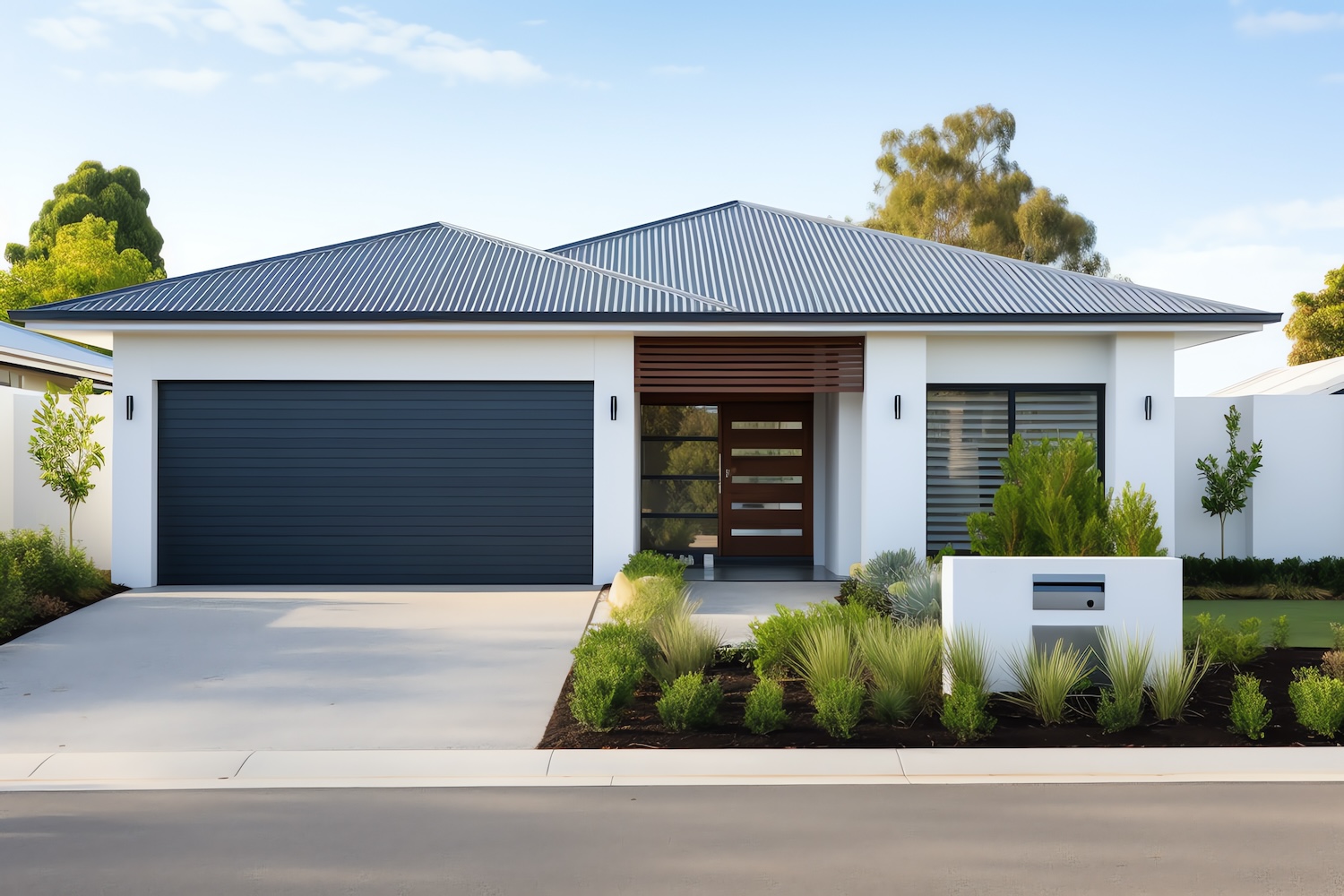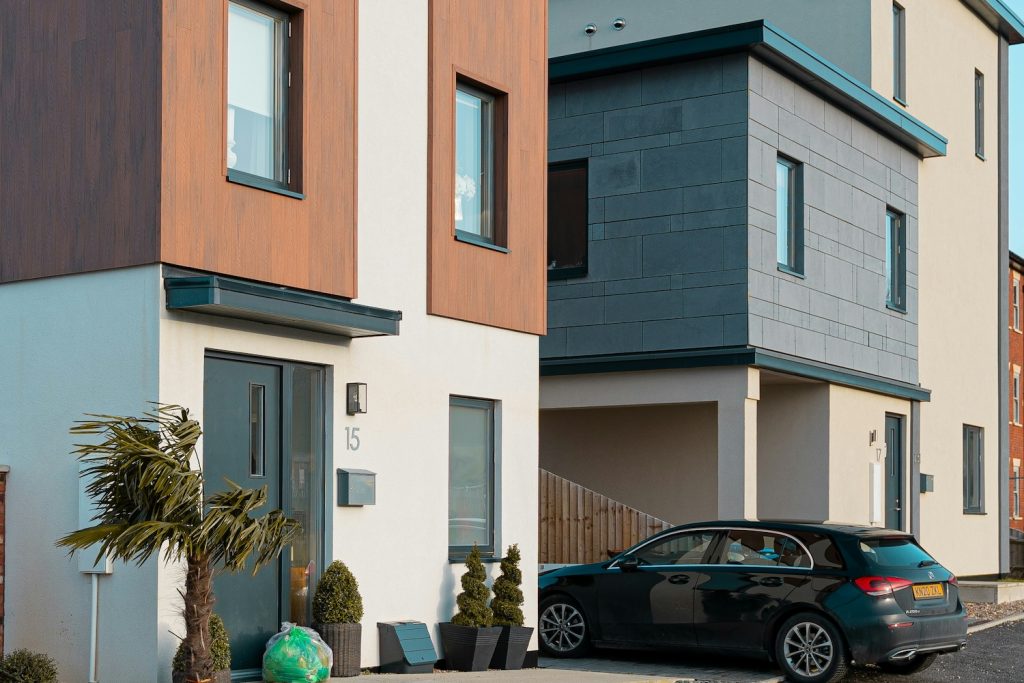Part of it includes funding for Specialist Disability Accommodation (SDA) equipped with accessible features to residents with extreme functional impairment so they can live more independently.
The demand for purpose-built SDA dwellings is high, providing an attractive opportunity for property investors to meet the present gap in the supply. In this article, we run through a few key benefits investors can receive, and tackle some considerations to take into account.
Key benefits:
1. Potential for higher rental yields.
The main attraction for investors is the potential for higher rental returns reportedly around the 8-15 per cent range. Depending on location and a range of other factors, SDA housing provides the possibility of increased cash flow compared to traditional residential property, proven to be a solid option in an investor’s diversified portfolio.
2. Stable returns through strong demand.
There are an estimated 400,000 participants in the NDIS, many of whom require SDA housing arrangements to live. Especially in undersupplied areas, SDA investments provide a level of security for a stable income due to long-term leases that could span multiple years. These tenants usually prefer not to move frequently and have government-backed funding to support them.
3. Win-win scenario.
Filling the undersupply of SDA dwellings not only provides the investor with potential financial gains, but positively contributes to the community and quality of life for individuals with disability. Plus, it gives investors an opportunity to diversify their investment portfolio by entering a nice market.
Important considerations:
1. Regulation and compliance.
The dwelling needs to meet certain SDA standards and guidelines. These include considerations for wheelchair access, wider entryways and hallways, plus accessible power outlets/house appliances and more. With this in mind, it could be helpful to buy property packages specifically designed for SDA properties if possible.
2. Research and due diligence.
Similar to any property, research and due diligence on the market is required to make a sound investment decision. Consider market saturation and proximity to nearby facilities and infrastructure such as busways and shopping centres.
3. Finance appropriately for NDIS.
In general, it could be more difficult to acquire finance for NDIS investment. Most lenders may require higher deposits to finance a property for NDIS plus charge higher interest rates.
At present with WLTH, we offer ultra competitive NDIS property loans with a 10 per cent deposit on a 25 year loan term. Find out more about our NDIS product and speak to a NDIS lending specialist for more information.
We hope this article gave you an overview of what you can expect from it as it rises in popularity. Is adding an SDA dwelling appropriate to your investment portfolio? In the end, we recommend speaking to a specialist so you don’t have to go through the journey alone.
Any advice provided is general in nature and should be considered in line with your financial situation, needs and objectives.

